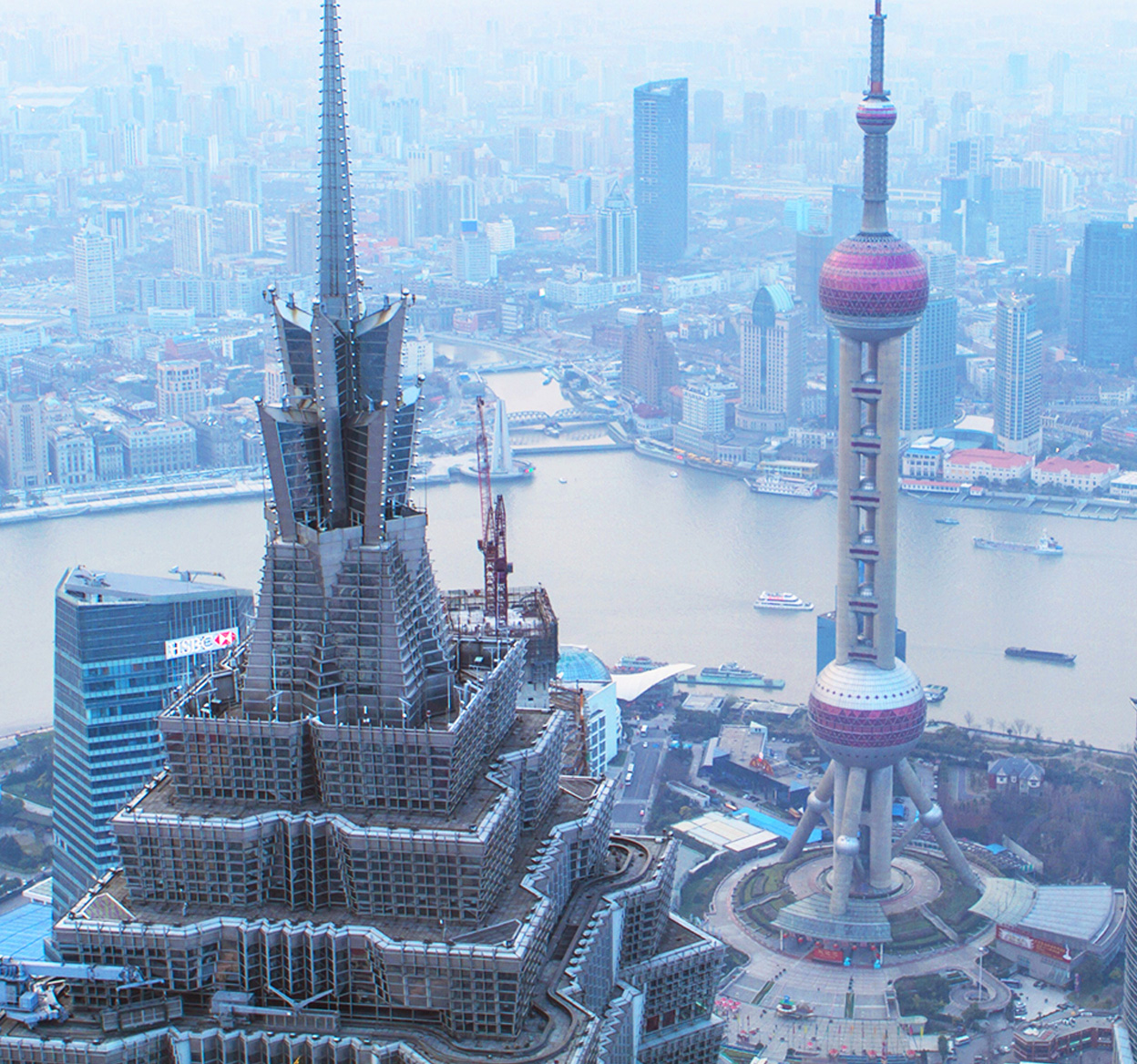联系我们
邮箱:shanghai.cga@nyu.edu
电话:+86 (21) 20595043
微信公众号:NYUShanghaiCGA
地址:
上海市浦东新区杨思西路567号
W822室

© 2024 All Rights Reserved

IIAS International Symposium
How does water figure in the myths, cultures, histories, sciences, and politics of Asia and beyond? From November 29 to December 1, 2018, a diverse group of scholars gathered in Shanghai to share their research about this question at the International Symposium on Water Heritage in Asian Cities. The Center for Global Asia at NYU Shanghai supported the Symposium in collaboration with local and international partners, including the International Institute for Asian Studies at Leiden University, the Department of Cultural Heritage and Museology at Fudan University, and the Shanghai Academy of Social Sciences. Associate Professor Maria Montoya, the Dean of Arts and Science at NYU Shanghai, was the keynote speaker for the Symposium. Her speech, entitled “Water and Community: Controlling Water through Nature,” gave an overview of the global history of water. Through a comparative examination of examples such as the Three Gorges Dam, the Hoover Dam, and the Dujiangyan System, Montoya highlighted the danger of modern engineering approaches to water resource management, but also invited the audience to understand better the durable success of ancient wisdoms. The speech ended with a call for more thoughtfulness as human societies continue to demand an ever-increasing amount of natural resources. The keynote speech provoked heated exchanges among Symposium participants around topics such as engineering optimization, the limits of technology, and environmental justice.
Following the keynote speech, Assistant Professor Yifei Li from NYU Shanghai shared his research on the history of water infrastructure in Shanghai. Li proposed Zaanheh, the romanization of Shanghai’s pronunciation in the local Wu dialect, as a heuristic device to help recover the area’s historical ecology prior to the arrival of British settlers in 1843. Li’s presentation was illustrated with examples of water infrastructure from different historical periods that highlighted the stark contrast between ancient Chinese systems of water management and modern European technologies of water control. Li further discussed the racial and imperialist contexts that had led to the demise of the Chinese systems. The Symposium drew scholars from Kyoto University, Drexel University, Xi’an Jiatong Liverpool University, the Smithsonian Institution, Delft University, and Tongji University. A few other NYU Shanghai faculty members were also in attendance, including Assistant Professor Monika Lin, Assistant Professor Wu-Wei Chen, Visiting Associate Professor Francesca Tarocco, and Affiliated Professor Rick Hills. The Symposium was held at the heart of Shanghai’s famous former French Concession area on the campus of the Shanghai Academy of Social Sciences. The Collegiate Gothic-style campus was built in the 1930s for Aurora University, a preeminent Catholic institution founded during Shanghai’s most turbulent times in its modern history.
邮箱:shanghai.cga@nyu.edu
电话:+86 (21) 20595043
微信公众号:NYUShanghaiCGA
地址:
上海市浦东新区杨思西路567号
W822室

© 2024 All Rights Reserved